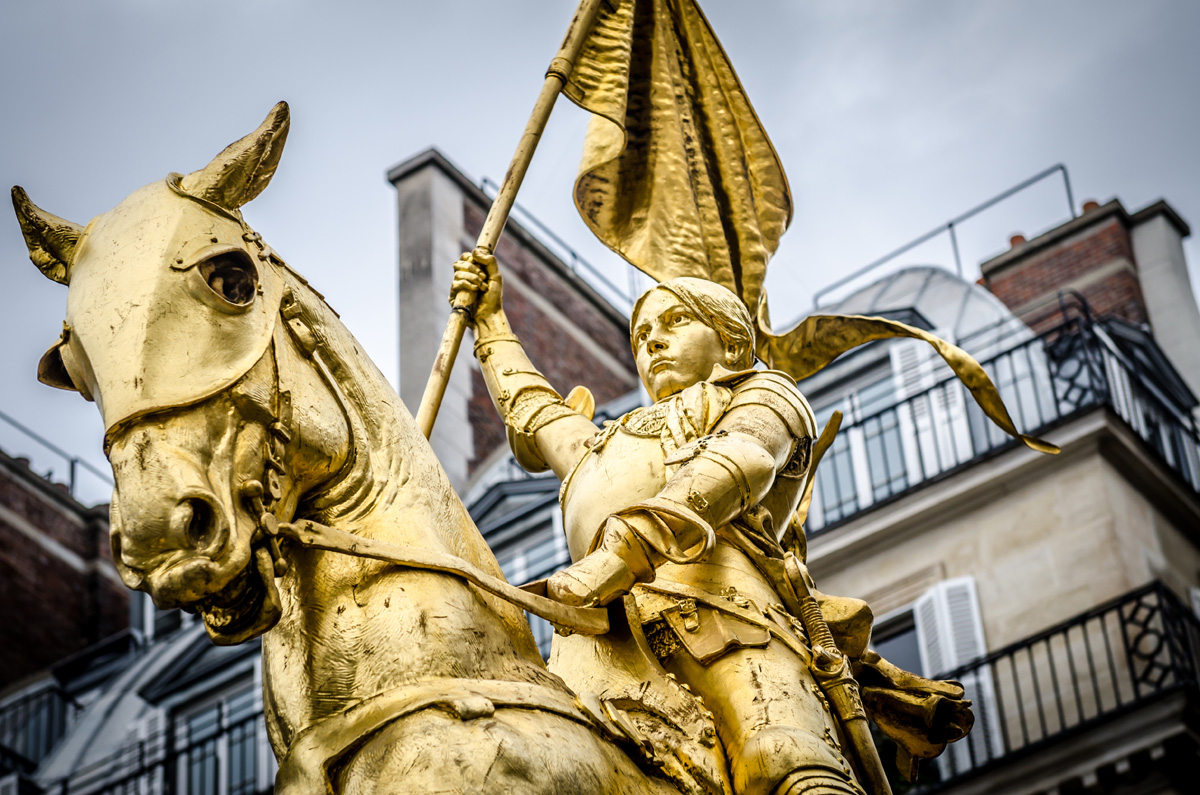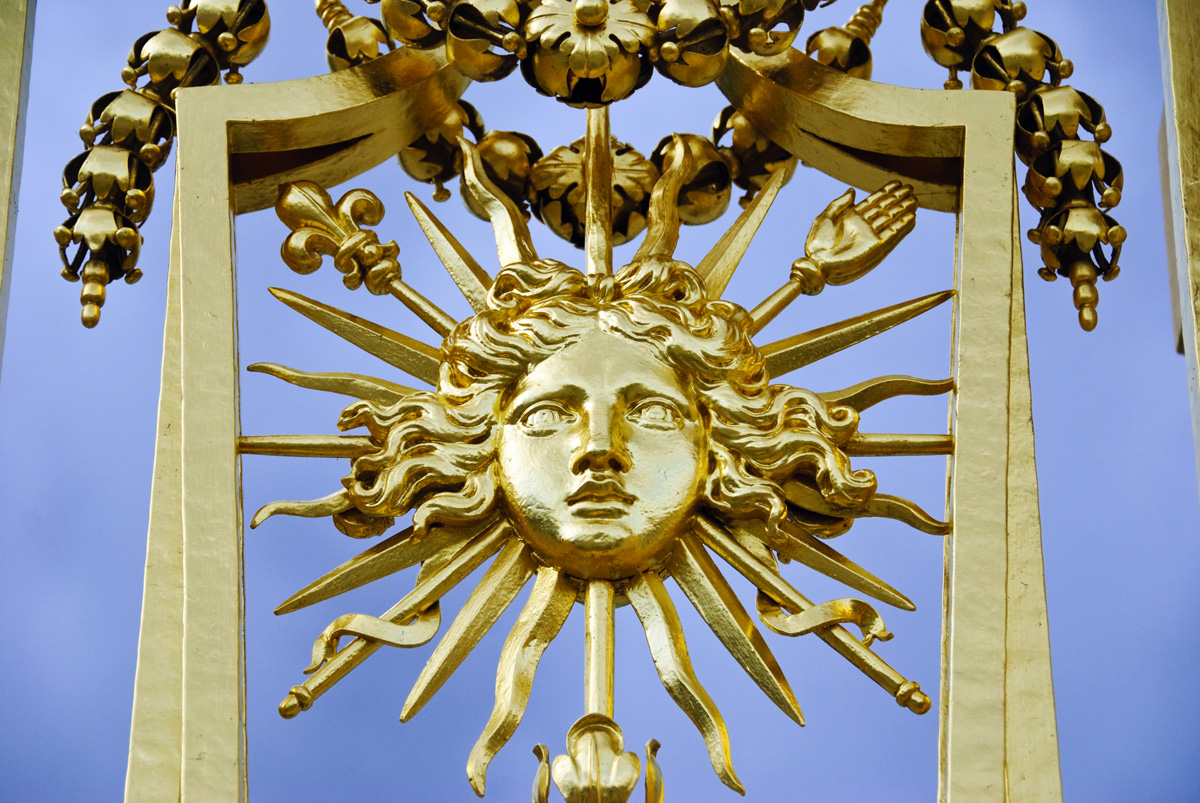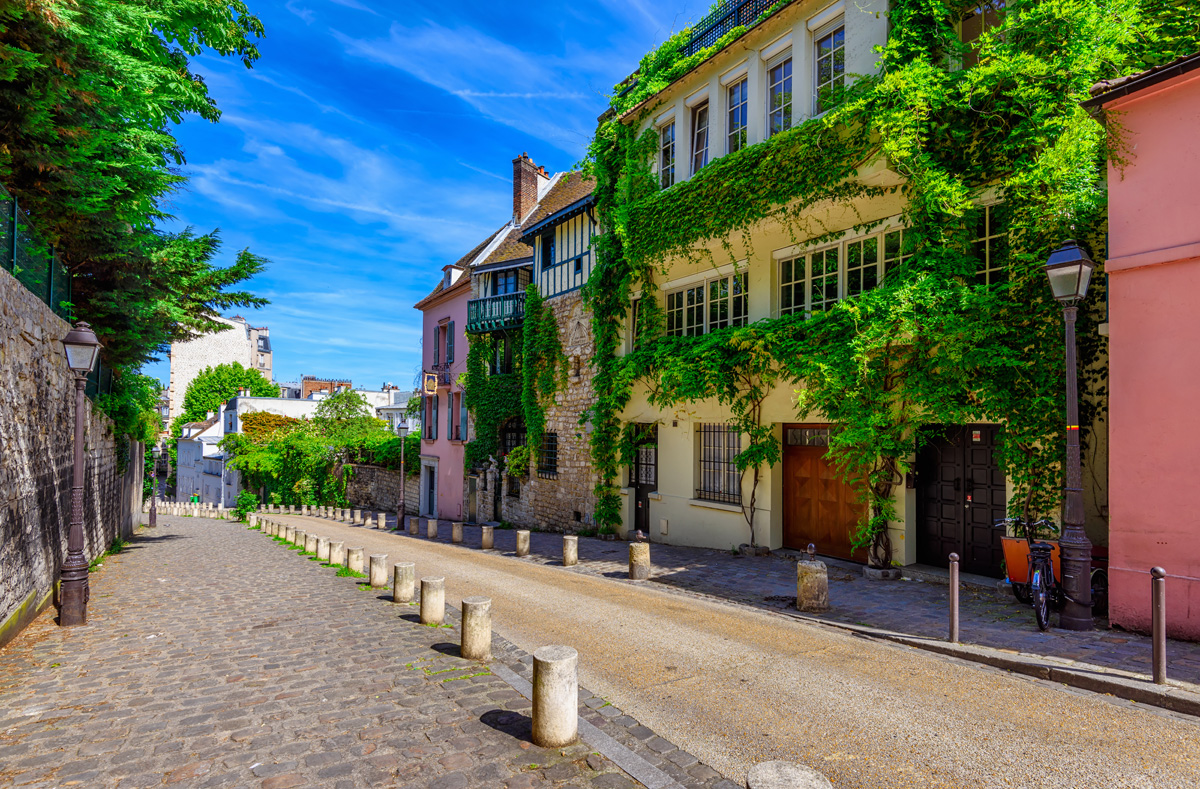The history of Paris starts with a humble settlement by a tribe of Celtic fishermen in around 259 BC. Since then it has enjoyed a long and illustrious history to become the thriving metropolis that it is today. Here is a brief roundup of some of the key events in the history of Paris.
Celtic Settlement to Joan of Arc

The area around L’Ile de la Cité was first settled around 259 BC, when the Parisii, who were a tribe of Celtic fishermen, discovered the fertile banks of the River Seine. They named their new home Lutetia. In 52 BC, Julius Caesar’s Roman army took the city, and it became part of the Roman Empire, within the territory known as Gaul. It was later invaded by the Franks and Normans and became known as Lutetia Paris.
In Medieval times, around 1200, work began on the fortifications, including the Louvre, which were to surround the medieval city. In the late 1300s, Paris, in common with the rest of Western Europe, was engulfed by the plague, known as the Black Death, which killed almost half of its entire population. It was in 1449 that the iconic figure of Joan of Arc at the head of the French army, defeated the English at Orléans. This ended almost ten years of Norman English control. They were finally driven from France in 1453.
The Renaissance to Napoleon

In the late 15th century, as the Renaissance dawned, Paris became a thriving centre of science, art and architecture. A century later, however, rifts developed between the Protestant and Catholic communities, which led to the St. Bartholomew’s Day Massacre, which saw over 3000 Protestand Huguenots slaughtered in one day.
In 1643, at the tender age of 5, Louis XIV was crowned King of France and went on to enjoy the longest reign of any monarch in the history of Europe. In 1774, Louis XVI began his fateful rule. Married to the young daughter of the powerful Austrian Empress Maria Theresa, Marie Antoinette, the couple became known for their decadence. Their political ineptitude and apparent indifference to the suffering of their people led to revolt. On July 14th 1789, Paris’s Bastille prison was stormed by an angry crowd and burnt to the ground, marking the start of the French Revolution. In 1793 the royal couple were sent to the guillotine and the first Republic of France was founded.
A period of chaos ensued as the Revolutionaries continued their ‘reign of terror’ executing thousands of people. In 1804, a new leader emerged, as a revolutionary General by the name of Napoleon Bonaparte became Emperor. He led a period of military success, conquering much of North Africa, before being defeated at Waterloo in 1815.
19th Century Paris to WWII

In 1870, the third Republic of France was declared and the institutions of democracy were first put in place. It began a period known as the Belle Époque, which was a time of great artistic and cultural achievement, when movements, such as impressionism, spread throughout the world, cementing the reputation of Paris as a cultural and artistic capital.
In 1940, Paris was invaded by Nazi Germany, and was occupied by the Nazis for four years, until it was liberated by the Allies in 1944.